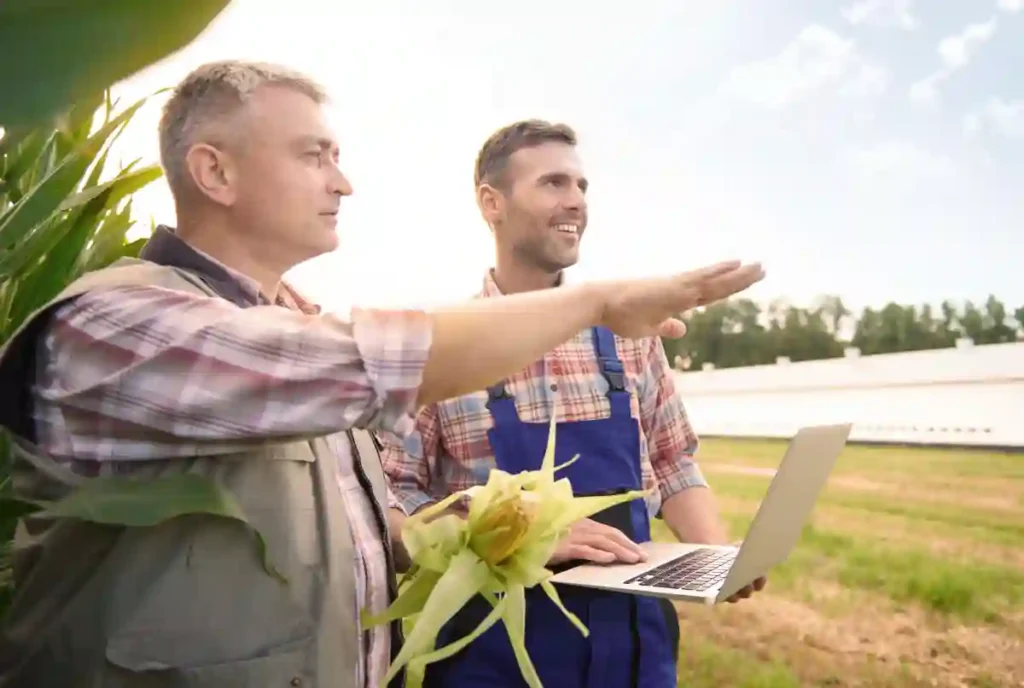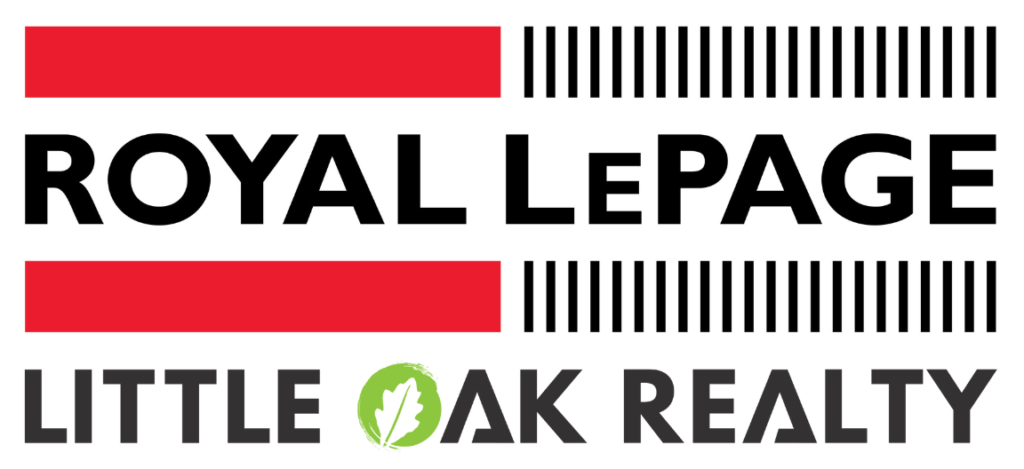Purchasing your first farmhouse is a fun experience. If you’ve always imagined living beside nature with birdsong, growing your food, or just being far from busy city life, getting a rural property makes your dream a reality for many. Even though buying a farmhouse sounds exciting, it isn’t the same as buying most suburban homes. There are plenty of important factors that first-time buyers often don’t notice.
If you’re considering the purchase of a farmhouse, then this guide is designed for you. With our advice, you’ll find out how to deal with costs, be aware of potential problems, check what permits are needed, and settle on the group of professionals to support you. All this so you can feel at ease about your purchase and appreciate the calm life in the countryside.
What Makes a Farm House a Good Purchase?

Before we go into detail, let’s think about why farmhouses are so attractive to people. Many people like rural homes because they offer peace, plenty of room, and a strong link to nature. Having a farmhouse usually means you’ll have plenty of land to garden or keep some pets. Also, taking it slow and breathing in fresh air may be exactly what you need after living in a city.
Remember, though, that farmhouses also require upkeep—making sure the land is maintained, managing wells and septic systems, and dealing with rules from the local zoning board. Getting familiar with these factors at the start will protect you from unexpected problems.
The first thing to do is determine what you need and want
The first thing to do when looking for a farmhouse is to know exactly what you are looking for. Maybe you’re looking for a short vacation, a place to retire, or a home where you live all the time. Do you wish to plant chickens and vegetables in the space you have or do you want to purchase larger land to practice commercial farming?
- What you want affects the kind of property you must find, the acreage you choose, where it is located, and your budget. A hobby farm can be an ideal use for a small house on a small acreage, but if you want to farm commercially, you’ll need more land and buildings.
- Take a moment to make a list of the things you want and the things you’d like but don’t have to have. Having a clear goal will keep you targeted in your search and help you talk easily with your agent.
Remember—Many Expenses Follow After the First Payment
One of the main difficulties for new farmhouse owners is finding out the actual cost involved. Just how much the house costs is only the beginning of your expenses.
Paying Part of the Cost and Find Out Your Options
A lot of buyers struggle with the thought of making a big down payment. Luckily, there are loans made just for rural homes and those who are buying property for the first time. USDA loans help buyers in rural areas purchase property without much money down or even none. Several programs, including the Beginning Farmer Down Payment Program from the Farm Service Agency, are designed to cut the financial burden of starting a farm.
- Talk to lenders who work with rural properties to learn what options are available to you.
- Talking to counselors can steer you toward benefits you can pay for.
- Sometimes we don’t see all the costs upfront, but they keep adding up over time.
- Owning a farmhouse often involves higher costs that you don’t find with urban properties. For example:
- Frequently, older farmhouses require fixing their roof, foundation, or plumbing and electrical systems. You may also have to care for barns and sheds on your property.
- For many people living in the country, well water and septic systems are important but must be maintained and can be pricey when repairs are needed.
- It is often the case that rural properties will pay higher taxes and insurance, mainly because land and farm equipment can be quite extensive.
- Looking after your fences, removing brush, and managing your pastures are activities that might cost extra time and money.
- Plan to cover these expenses so you are not surprised by them.
Get to know Utilities and Infrastructure.
You often have to adapt to different features of infrastructure in rural areas. Because they are often far from the city, farmhouses are not linked to standard city water or sewer services.
- Water is usually supplied by wells for farmhouses. It’s necessary to check both the water and the well’s condition. Because well pumps can break, remember to set aside some cash for them
- Septic systems are most commonly found in rural places because of the lack of sewage. The best way to prevent expensive system failures is to inspect and maintain these systems regularly.
- While access has improved for rural areas, internet, and cell phone services are still weak for some communities. Before buying, make sure your area is covered for internet service if you depend on it for work.
Read about how to get to the property during all seasons and who is responsible for maintaining the roads.
Know Your Zoning and Land Use Rules

In rural areas, zoning laws may not look the same as they do in urban areas. Land use regulations tell you what you can do with your land such as farm it, build on it for housing, or set up a business.
- Before you purchase, do a little research: Administered Uses: Is it allowed to keep livestock? Build new buildings? Arrange your business from home if you wish.
- What rules are there for the kinds or sizes of buildings you may build? Some locations have environmental laws that shield wetlands, forests, or habitats of wildlife from disturbance during your work.
- Ask your local planning office for help in following these rules: Taking time to learn about zoning will protect you from legal problems after you move in.
Bring a Team Together
Having a skilled professional guide you can make buying a farmhouse easier.
- It is advisable to get an agent who mainly works on rural land. They will learn about the farm area, the regulations for building, and what sets farmhouses apart.
- A lender specialized in farm loans and rural areas will be the best choice in this situation.
- Hire a home inspector who is comfortable analyzing the condition of a well, a septic system, and any outbuildings on your property.
- A real estate attorney has the experience needed to look over all contracts and make sure your interests are secured.
Having a strong team on your side will take some of the pressure out of your buying experience.
Look Over the Area Carefully and Don’t Ignore the Little Things
Surprises might be found in farmhouses. It is vital to give the property a complete check-up.
- Look for damage on the foundation and the roof.
- Check the quality of your water and its pressure.
- Examine the working of the septic system.
- Check the way electrical cords and heating systems are installed.
- Examine all the outbuildings, fences, and how the land seems.
- Be sure to think about highway access when it is winter and also how floods may affect the place.
- If studying farms isn’t your area, ask for professionals’ advice concerning wells, septic systems, and structures.
Prepare for the Emotional Side of Buying
Many buyers form an emotional bond with a farmhouse when they buy one. Sellers often have callbacks to the past because they have lived there for generations. Expressing respect and your views makes a difference in your relationship with a vendor.
If you write to the seller, sharing your reasons and plans for caring for their farmhouse, you may help win their agreement during negotiations.
Conclusion
While starting with a farmhouse can be a big commitment, ensuring you know what you’re doing will probably be one of the best choices you ever make. Setting your goals, budgeting, and checking zoning and utility options gradually help you achieve the satisfying, peaceful life that living on a farm can bring.
Keep in mind, that buying a home is about much more—it’s about making a place you love that fits with your ideals and hopes. Let your project progress slowly, have help from people who know more, and have fun along the way. The right farmhouse for you is already waiting to be found.



